Uncle Ho visits a primary school class (painting by artist Do Huu Hue). Source: nhandan.vn
The basic content of Ho Chi Minh's thought on human rights is the center, goal and driving force of national development.
Firstly , Ho Chi Minh's thought on human rights is a system of scientific , objective, comprehensive, and dialectical viewpoints crystallized from the thousands of years of cultural and civilized values of the nation and the quintessence of human culture about humans and human liberation; a unique system of scientific and developed theories on human rights, which are the rights, needs, and interests that originate from the inherent and natural dignity of each person, as an individual, a member of the community, a nation, and humanity.
Key values in Ho Chi Minh's thought on human rights include: 1- Goal/ideal value: Independence - Freedom - Happiness for each person and the whole nation; 2- Motivational/means value of innovation and creativity; 3- Human rights-based approach in the activities of the Party, government, socio- political organizations, other social organizations to create a new social order - socialism; 4- Presuppositional value of legal thinking, establishing a new democracy, building a socialist rule-of-law state of Vietnam for human rights; 5- Ho Chi Minh's thought on human rights is an important cultural, historical and ideological value, a compass to guide activities to ensure human rights in Vietnam better and better; 6- Ho Chi Minh's thoughts on human rights have timeless value not only in Vietnam but also around the world, demonstrating the basic principles of fairness, freedom and humanity.
In which, the core value of human rights in Ho Chi Minh's thought is three immutable contents: "Independence - Freedom - Happiness". National independence is a prerequisite to ensure human rights. Freedom is a natural and basic right of every human being, including freedom of thought, freedom of speech, freedom of association, freedom of business...; only when each individual is free to develop, the country can develop comprehensively. People's happiness is not only a full material life, but also spiritual satisfaction, the core is that all people are guaranteed basic rights and live in a fair, democratic and civilized society, a safe and healthy environment. For President Ho Chi Minh, human rights are: Independence for my Fatherland, Freedom for my compatriots, and Happiness for the people of my country. His ultimate desire was “to make our country completely independent, our people completely free, everyone has food to eat, clothes to wear, everyone can study” (1) , to make the working people escape poverty, make everyone have jobs, be warm and comfortable and live a happy life. He affirmed, “If the country is independent but the people do not enjoy happiness and freedom, then independence is meaningless” (2) .
“ Independence - Freedom - Happiness” has a dialectical relationship, inseparable from the goal of national independence and happiness for all people - the burning desire of President Ho Chi Minh, which became the national name of Vietnam. Since 1945, when the Democratic Republic of Vietnam was just born, the National Name has promoted three core values: “ Independence - Freedom - Happiness ”.
Human rights are the central, core and key values in Ho Chi Minh's thought, the system of national, era and country values in every revolutionary period, especially in the current new development context. Applying and creatively developing Ho Chi Minh's thought and absorbing the quintessence of humanity, human rights values need to be placed in the central position in the system of national values . This recognition will be an important orientation for building and perfecting institutions and in organizing the implementation of policies and laws; at the same time, promoting human rights values in solving political, economic, cultural and social issues, as criteria for evaluating the effectiveness of institutions, especially the Socialist Republic of Vietnam.
Second , Ho Chi Minh's thought on human rights has been and is the guiding principle for supplementing and developing our Party's theory on human beings, human liberation, comprehensive human development, human rights, socialist democracy, the socialist rule of law state of the people, by the people and for the people, and the socialist-oriented market economy.
Continuing to thoroughly understand Ho Chi Minh's thought on human rights throughout the Party, people and army is a prerequisite to ensure the implementation of the Party's resolutions, policies and laws of our State as well as international commitments on human rights, on building and perfecting the Vietnam development model from now until 2030, with a vision to 2045 for a peaceful, independent, democratic, prosperous, prosperous, civilized and happy Vietnam.
Third, the people are always the subject of all power, the invincible source of strength and the driving force, the noblest goal of all viewpoints and development policies of the country. The 13th National Party Congress affirmed: “The people are the center, the subject of the cause of innovation, construction and protection of the Fatherland; all guidelines and policies must truly originate from the lives, aspirations, rights and legitimate interests of the people, taking the happiness and prosperity of the people as the goal to strive for” (3) . During his lifetime, President Ho Chi Minh always promoted the role and strength of the people, people's sovereignty, the freedoms and happiness of the people. Therefore, it is necessary to continue to thoroughly understand and correctly apply the viewpoint that the people are the subject, center and highest goal of all guidelines, policies, and development paths. “ Happiness ” for the people is a noble and sacred system of values of the nation and people, a system of values that the path to socialism (CNXH) needs to achieve in our country, and at the same time, it is also a system of values for every Vietnamese citizen. When asked by an international journalist about “What is Socialism?”, President Ho Chi Minh affirmed: “Independence for my Fatherland, freedom for my nation and people , happiness for my compatriots , that is all I want, that is what I understand!” (4) . He emphasized: “Socialism is how to make people have enough to eat, enough to wear, increasingly happy, everyone can go to school, have medicine when sick, retire when old and cannot work, bad customs and habits are gradually eliminated... In short, society is progressing, material things are increasing, and spirit is getting better and better…” (5) .
Ho Chi Minh's thought on human rights is a revolutionary, scientific and practical theoretical system on the basic rights and freedoms of each person associated with the right to national independence and the right to national self-determination, with the necessary and realistic conditions to ensure and realize the above rights. The thought is based on people as the center, where human rights need to be realized. He affirmed: "Our State must develop the democratic rights and political activities of all people, to promote the positivity and creativity of the people, making all Vietnamese citizens truly participate in managing state affairs" (6) .
Fourth , Ho Chi Minh's thought on human rights is a theoretical system developed based on Marxism-Leninism, the quintessence of traditional national values about human beings, human liberation, and basic human rights and freedoms, and is a direct result of his practical summary and revolutionary activities. The Marxist viewpoint points out that the free and comprehensive development of human beings is a historical process; at the same time, respecting, ensuring and realizing human rights and freedoms of each person is also the driving force and goal of rapid, sustainable and inclusive development. President Ho Chi Minh always put the basic rights and interests of the people at the center of all decisions: "The most important thing in our current economic plan is to gradually improve the lives of the people " (7) . The revolutionary cause of successfully building socialism, in the end, and with its noble goal, is for the development of freedom, prosperity, happiness, empowerment and enjoyment of basic human rights in all fields of politics, civil, economic, social, cultural, environmental, security, etc. This stems from the foundation of Ho Chi Minh's ideology on human rights, the right to development; therefore, it is necessary to especially emphasize the dialectical, inseparable connection between the elements in the goal of "National independence associated with socialism" and the continuous guarantee and realization of human rights. Ho Chi Minh's ideology on human rights reflects a contemporary vision of inclusive, comprehensive development, which has been and is being deeply reflected in all guidelines, viewpoints of the Party and policies and laws of our State, taking people and human rights as the center. Therefore, recognizing, protecting and ensuring human rights and civil rights are always the goals and driving forces of the cause of building socialism, comprehensive human development, freedom and happiness.
President Ho Chi Minh always focused on the principles of social justice, equality, empowerment and enjoyment of rights for everyone, considering it the nature of the new social regime, the socialist regime. He affirmed that it is "a society without exploitation of man by man, an equal society, meaning that everyone must work and has the right to work, whoever works a lot enjoys a lot, whoever works less enjoys less, whoever does not work does not enjoy" (8) . According to him, social justice and equality for everyone can only be achieved in the new social regime, which is the democratic republic, the socialist regime. Only under that good social regime, can the working people enjoy more and more, more fully, justice and equality, and "have both obligations and rights " (9) .
Teenagers and children were introduced to the 84-year journey of formation and glorious development of the Ho Chi Minh Young Pioneers Team_Photo: VNA
The timeless value of Ho Chi Minh's thought on human rights is the center and driving force of social development.
Ho Chi Minh's thoughts on human rights have timeless significance, especially when viewed through the lens of modern international legal theory and modern international human rights law. The United Nations has begun to emphasize the inclusive, comprehensive and holistic approach to human rights in socio-economic development policies and national development in general since 2000 (less than a quarter of a century). However, Ho Chi Minh's thoughts on human rights have contained profound and timeless content, nearly a century ago. The United Nations Millennium Development Goals and the United Nations Sustainable Development Goals are reflected in the action programs of new international organizations and institutions that have paid special attention to considering human rights as the focus and center of development in recent times.
President Ho Chi Minh emphasized the importance of dialectical unity, the inseparability of individual rights and national rights in development, and development must aim to bring about real rights, such as "everyone has food to eat, clothes to wear, everyone can study". This is an inclusive approach and puts everyone, each person, each individual, at the center of development. In particular, he always emphasized: "a slave country cannot have free people", therefore, individual freedom must be linked with the freedom and independence of the nation, the right to life of the individual is linked with the right to exist of the nation. Ho Chi Minh's thought on realizing the right to life, freedom and the pursuit of happiness of the Vietnamese people in the 20th century is a model of the spirit and the indomitable, resilient will to fight of colonial peoples who love freedom, peace and development all over the world. Vietnam is also one of the typical countries of the United Nations in ensuring and realizing human rights, freedom and the right to development, especially freedom from oppression and slavery of imperialism and colonialism, freedom from poverty, the right to life, the right to comprehensive development in all aspects, including material and spiritual life (right to housing, employment, education/right to education, access to and enjoyment of cultural values/cultural rights, living in a clean environment), etc. through the very early completion of the Millennium Development Goals and is completing the Sustainable Development Goals well. Vietnam has actively participated in many multilateral and bilateral mechanisms and institutions in the region and globally, such as ASEAN, the United Nations, the United Nations Human Rights Council, etc.
The practice of nearly 40 years of innovation and development of the country has been proving the superiority of the socialist regime, of the Vietnamese development model that takes people and human rights as the center, the driving force and goal of rapid and sustainable development for "Independence - Freedom - Happiness" for the nation, for each and every person. The achievements of the Vietnamese development model are based on the theoretical and practical premise of constantly ensuring and realizing human rights, freedom and happiness for each person, considered a model of the United Nations in ensuring freedom from fear (from slavery, injustice, inequality), freedom from extreme poverty and hunger and the freedom to develop all inherent capacities of each person, each ethnic community and nation. The timeless values of Ho Chi Minh's thought on human rights remain valuable, especially in the context of the country entering a new era of development, an era of the Vietnamese people's rise./.
------------------------
(1) Ho Chi Minh: Complete Works , National Political Publishing House Truth, Hanoi, 2011, vol. 4, p. 187
(2) Ho Chi Minh: Complete Works , op. cit. , vol. 4, p. 64
(3) Documents of the 13th National Congress of Delegates, National Political Publishing House Truth, Hanoi, 2021, vol. I, pp. 27-28
(4) Ho Chi Minh : Biographical Chronicle, National Political Publishing House, Hanoi, 2006, vol. 1, p. 112
(5) Ho Chi Minh: Complete Works , op. cit. , vol. 13, p. 438
(6) Ho Chi Minh: Complete Works , op. cit. , vol. 12, p. 374
(7) Ho Chi Minh: Complete Works , op. cit. , vol. 10, p. 314
(8) Ho Chi Minh: Complete Works , op. cit. , vol. 11, p. 241
(9) Ho Chi Minh, Complete Works , op. cit. , vol. 8, p. 264
Source: https://tapchicongsan.org.vn/web/guest/van_hoa_xa_hoi/-/2018/1086002/tu-tuong-ho-chi-minh-ve-quyen-con-nguoi-la-trung-tam%2C-muc-tieu%2C-dong-luc-phat-trien-dat-nuoc.aspx


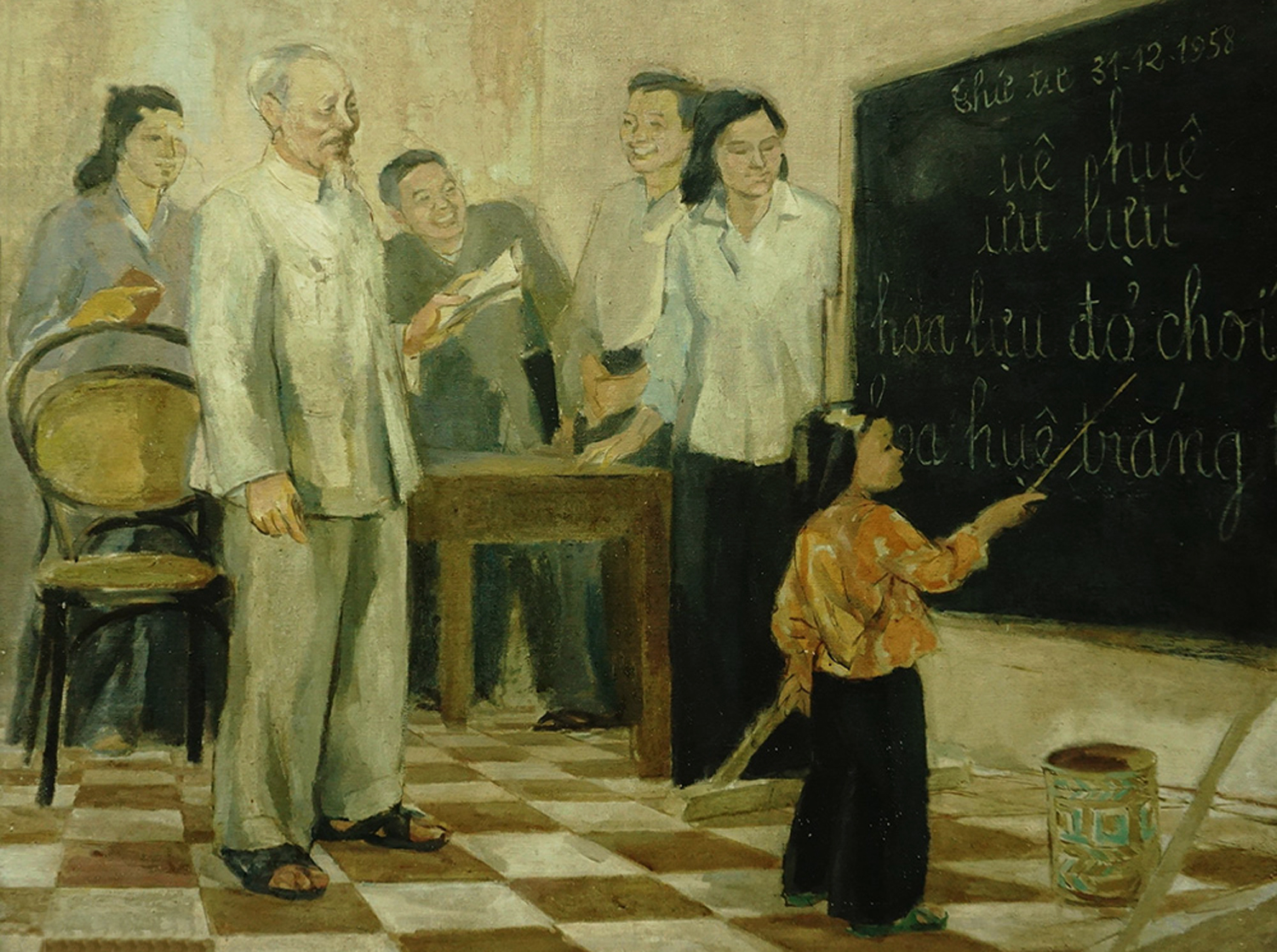
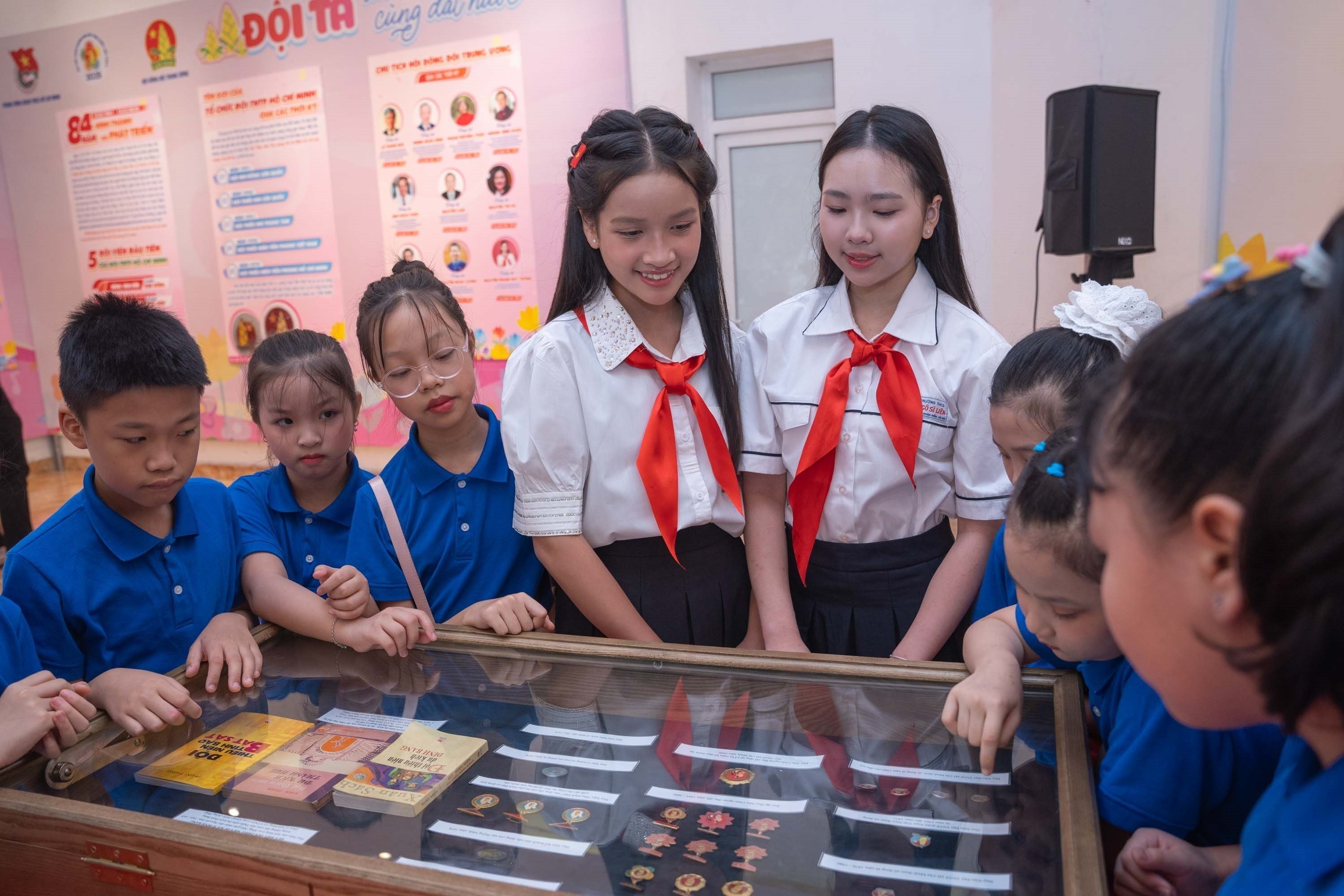
![[Photo] Binh Trieu 1 Bridge has been completed, raised by 1.1m, and will open to traffic at the end of November.](https://vphoto.vietnam.vn/thumb/1200x675/vietnam/resource/IMAGE/2025/10/2/a6549e2a3b5848a1ba76a1ded6141fae)





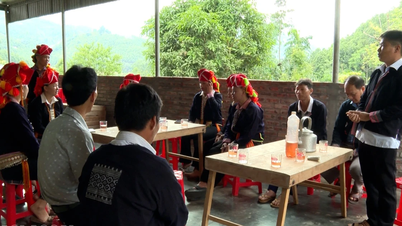

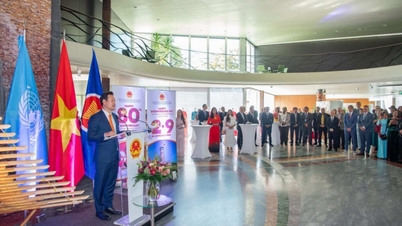

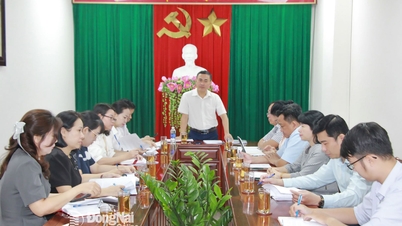

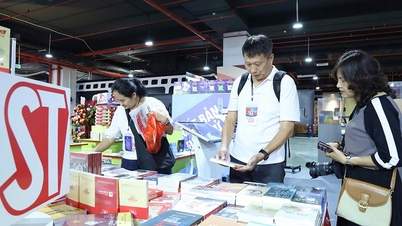

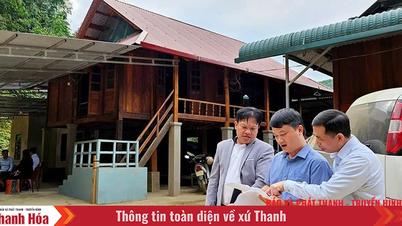



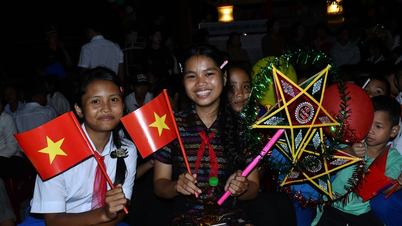

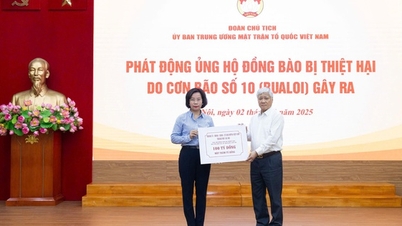

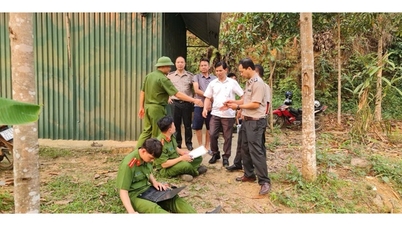
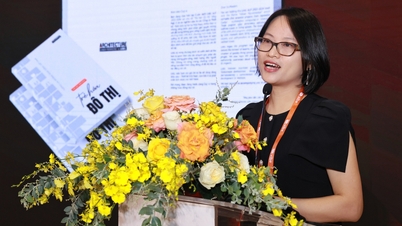

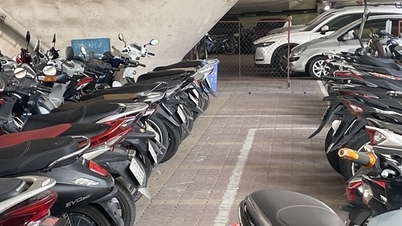

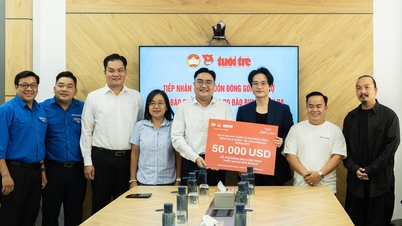




















































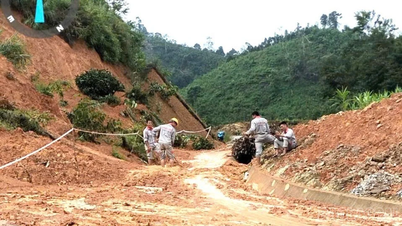
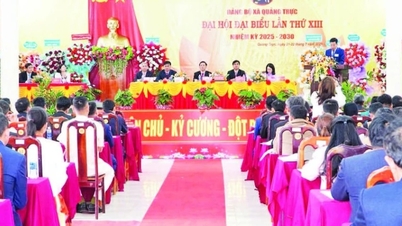

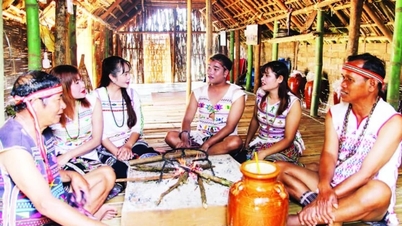

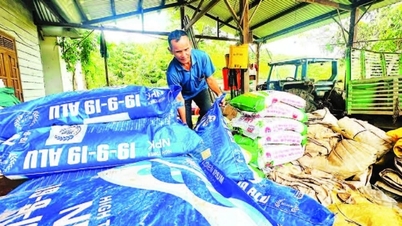
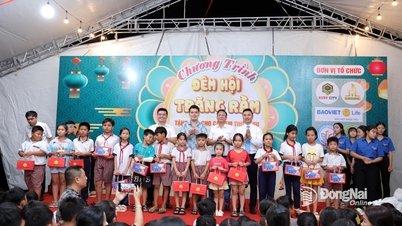













Comment (0)